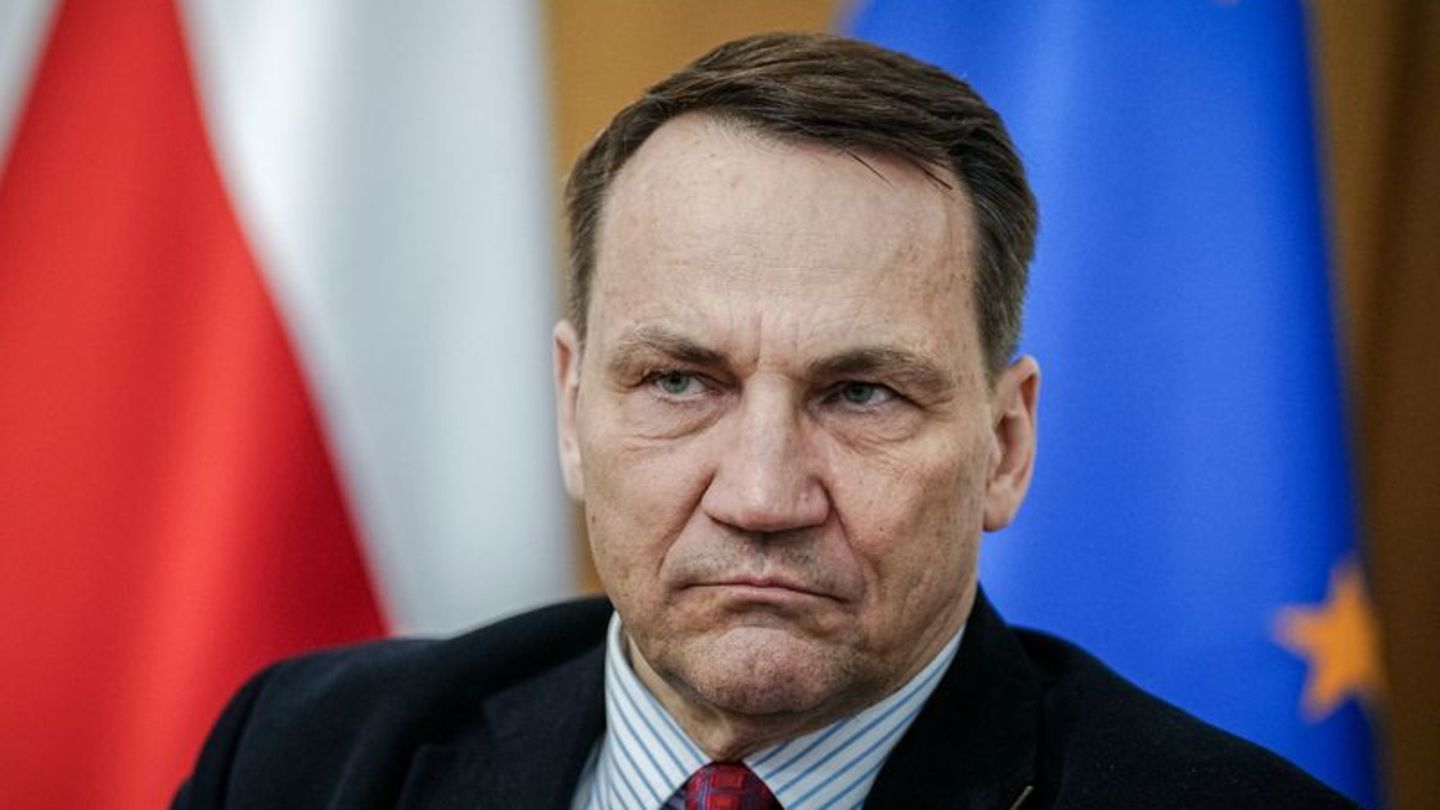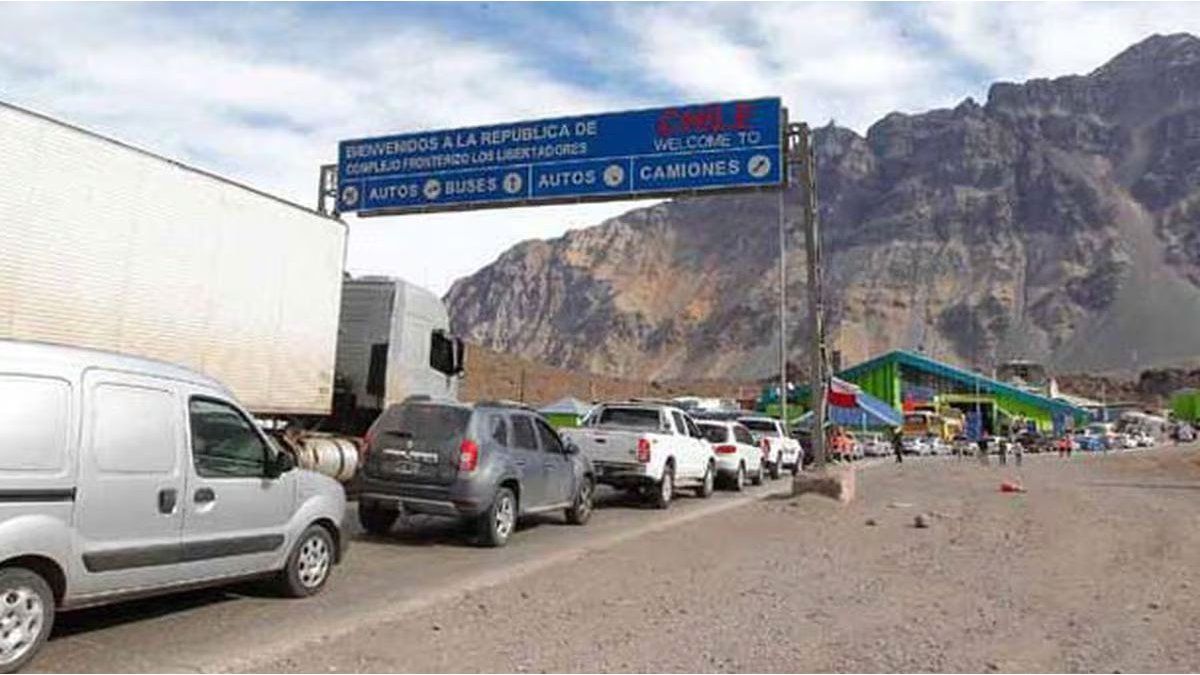Is Germany too cautious about supplying arms to Ukraine? Chancellor Scholz vehemently rejects this. However, Poland’s Foreign Minister Sikorski would like to see more speed and determination.
Polish Foreign Minister Radoslaw Sikorski has encouraged Ukraine in its demand for Taurus cruise missiles and accused Germany of hesitancy in delivering new weapons systems to the war zone. Providing the Taurus missiles with a range of 500 kilometers would have “significant impacts on Ukraine’s ability to defend itself,” Sikorski said in an interview with the German Press Agency.
With cruise missiles from other countries, the Ukrainians have already persuaded the Russians to move their logistical bases such as ammunition depots far behind the front. “And the German rockets would force them to go even further away.”
Sikorski acknowledged that Germany is, in absolute terms, Ukraine’s largest arms supplier in Europe. However, he criticized the long decision-making processes. Germany has “historical reasons to be nervous” when it comes to arms deliveries, said the Foreign Minister. “We understand that, but we would like your discussions to move more quickly.” The time factor is of crucial importance for Ukraine. “A decision in six months is not the same decision,” he said, referring to the Taurus.
“Weakness invites aggression”
At the end of February, after months of debate, Chancellor Olaf Scholz (SPD) once again rejected a delivery of the high-precision weapons, justifying his decision by saying that Germany could be drawn into the war. Great Britain and France, on the other hand, are already supplying cruise missiles to Ukraine. Last week, SPD parliamentary group leader Rolf Mützenich also brought up a temporary freeze on the Ukraine conflict in order to enable a peace solution. Sikorski rejected such considerations on the grounds that Putin could not be trusted.
He urged Germany and Europe to counter the threat from Russia with military strength. “Weakness invites aggression, strength deters,” he said. The Germans may feel they have more time to respond to Russian aggression because Poland is still in the middle, he said. “But if Putin is as aggressive as some of us think, then take another look at your security situation. In the (Russian) exclave of Kaliningrad there are Iskander missiles with nuclear warheads whose range extends to Berlin.”
Last Friday, Polish Prime Minister Donald Tusk demonstrated unity with Chancellor Scholz and French President Emmanuel Macron at a three-party summit in Berlin regarding support for Ukraine. However, one point of contention has not been resolved: Macron wants to keep all options on the table – including sending ground troops. Scholz, however, rules out sending German soldiers to Ukraine.
Understanding for Macron in the ground troops debate
Sikorski once again showed understanding for the French position. Russian President Vladimir Putin first annexed Crimea, then started a war in Donbass in eastern Ukraine and finally invaded Ukraine. “And we’re concerned about the way we’re going to address it,” Sikorski said. “I can understand President Macron’s strategic or in this case tactical logic to reverse the narrative. Let Putin worry about what we are going to do.”
In Sikorski’s opinion, the decision to send troops rests with each individual state anyway. “France has the right to do this on its own if it chooses to do so.”
Source: Stern
I have been working in the news industry for over 6 years, first as a reporter and now as an editor. I have covered politics extensively, and my work has appeared in major newspapers and online news outlets around the world. In addition to my writing, I also contribute regularly to 24 Hours World.




